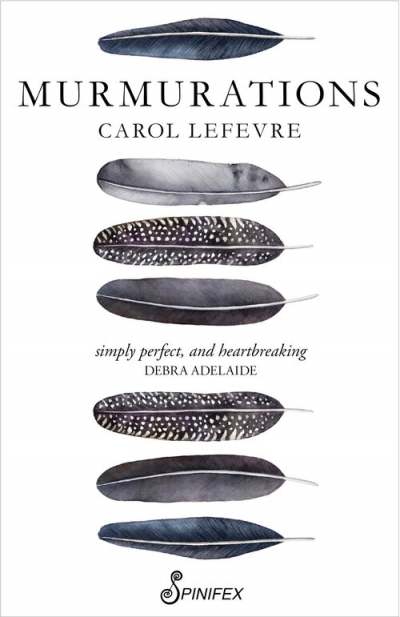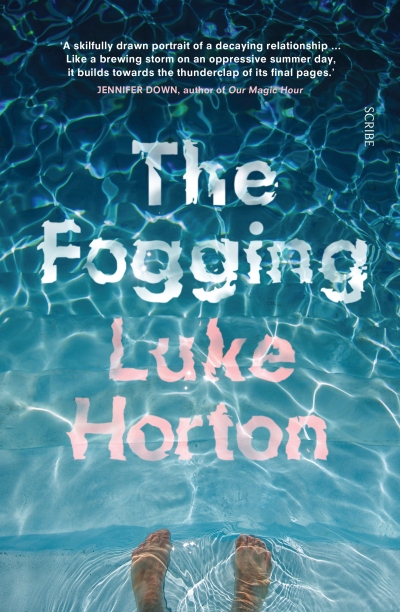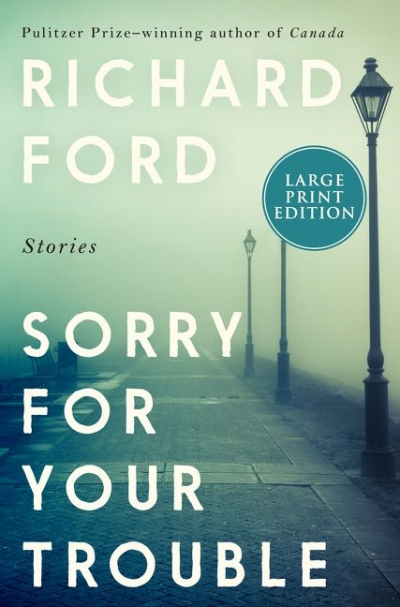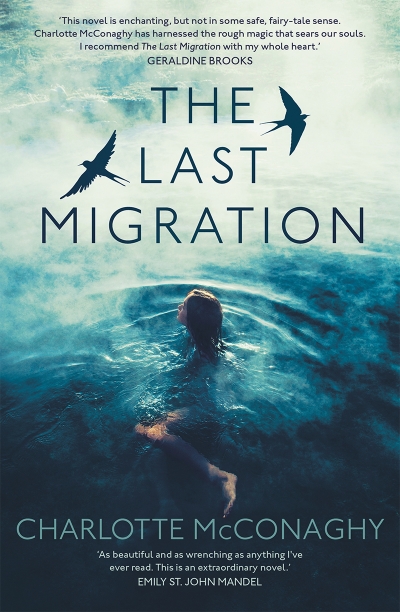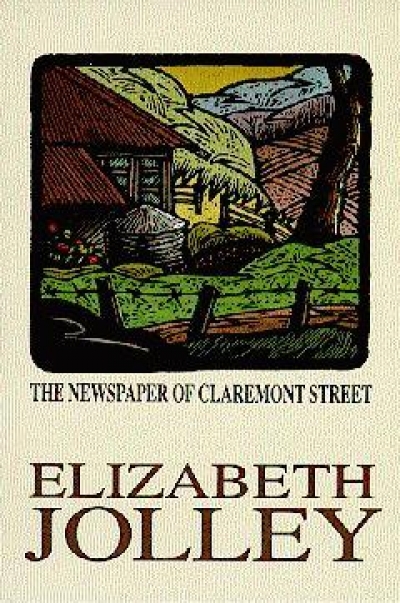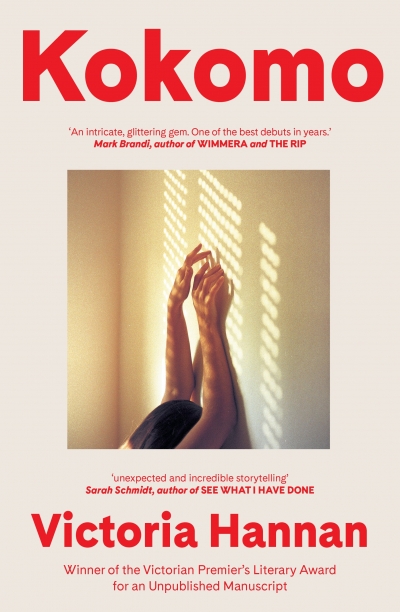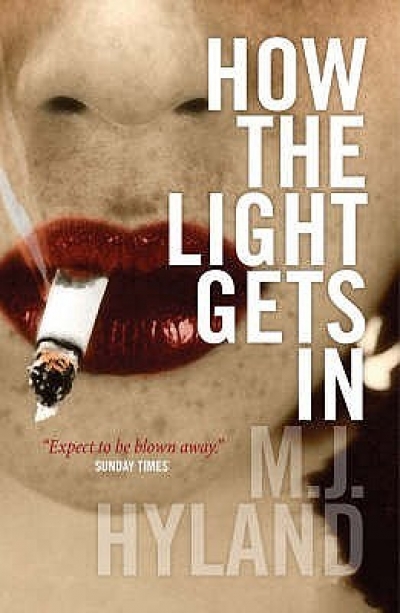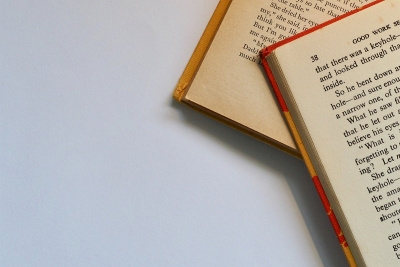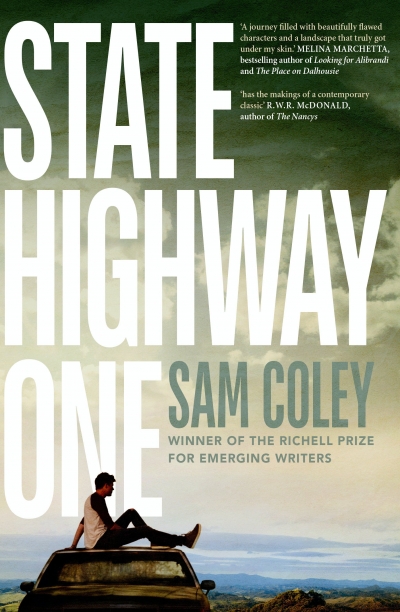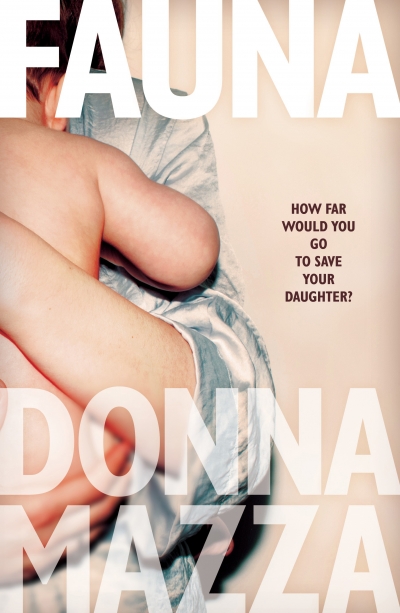Fiction
How the Light Gets In by M.J. Hyland & Tristessa And Lucido by Miriam Zolin
by Madeleine Byrne •
Last December, the Melbourne Age asked some prominent literary folk to name the best novel of the twentieth century. Readers would have found few surprises in the choices. Most of the punter – some novelist and a few literary critics – went for Proust’s Remembrance and Joyce’s Ulysses. Little argument there. But Ian Rankin, a Scottish crime fiction writer, chose something altogether different: Mario Puzo’s The Godfather (which, incidentally, is also Jackie Collins’ favourite novel of all time).
... (read more)
